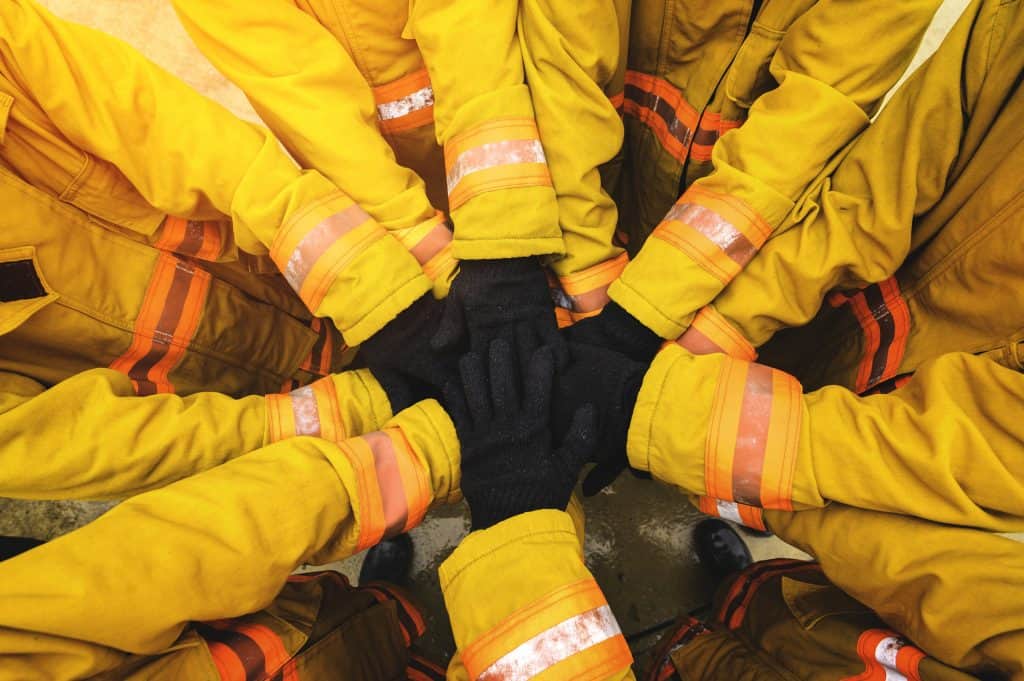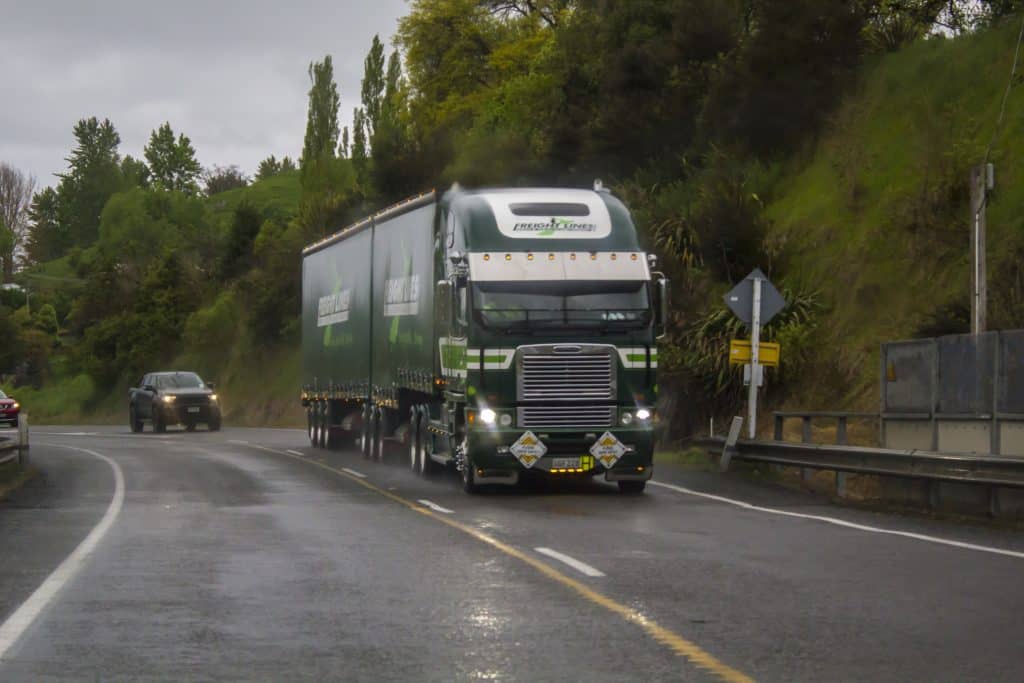When a former head of a national occupational health and safety (OHS) regulator writes a book, it may be a curiosity (and it is rare). But when the writer is the former Assistant Secretary of Labor for the US Occupational Safety and Health Administration, the book becomes interesting. When the book is called “The Triumph of Doubt – Dark Money and the Science of Deception“, it becomes a must-read. SafetyAtWorkBlog dips into David Michaels‘ new book (as I only received it yesterday) and finds treasure.
This is not the first time that Michaels has written about Doubt and how whole industries have developed to create, market and exploit Doubt for the benefit of the Establishment. However, the new book is super-topical in this time of “Fake News” and blatant disregard of science and scientists.




